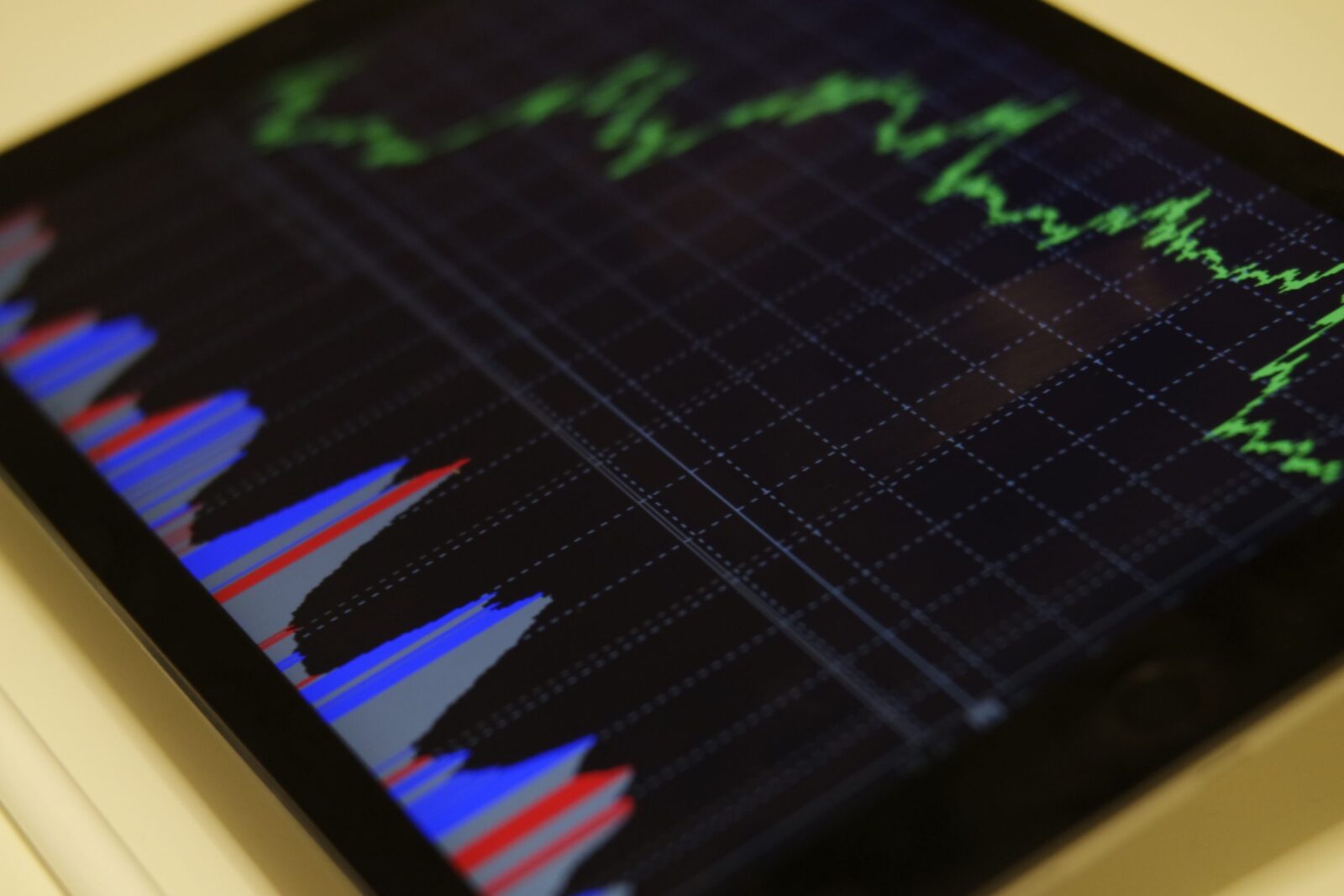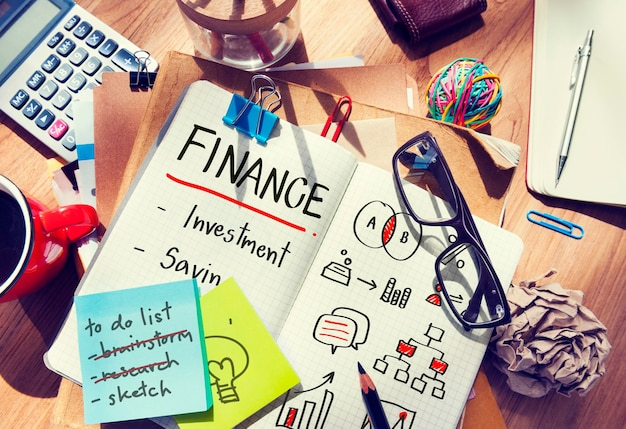Trading forex as a pastime has exploded in popularity in recent years, with a tremendous influx of new traders on social media. Vast leverage, minor deposits, and many forex courses have resulted in a massive increase in traders wishing to get into the financial markets – which is fantastic! However, forex is not legal in all countries, so you should do your research before trading in those. Is it legal to trade forex in Nigeria, given this?
Forex trading is legal in Nigeria. If you want to trade the money, you’ll need a license to do so lawfully, but trading your own money is perfectly legal. The regulatory agency is actively reviewing the regulations in this area. However, trading is now permitted.
Nigeria’s Forex Legal Framework
With the increase in currency commerce and dealings in Nigeria, some question their legitimacy.
Nigeria’s foreign exchange market is highly volatile due to its reliance on oil as its primary source of foreign exchange.
Because of this instability, the Nigerian government has attempted to control the sector through the Central Bank, the country’s apex bank.
Foreign exchange regulations and legislation give the Central Bank the authority to implement policies that regulate foreign exchange operations in Nigeria.
These are some of the laws and policies in place:
- The 1962 Exchange Control Act.
- The Nigerian Central Bank Act.
- The Banks and Other Financial Institutions Act of 2007 regulates banks and other financial institutions.
- The Foreign Exchange (Monitoring and Miscellaneous Provisions) Act is a federal law that regulates the foreign exchange market.
- The Money Laundering (Prohibition) Act is a federal law that prohibits money laundering.
- The Second-Tier Foreign Exchange Market was established in 1982.
- Bureau de Change was founded in 1989.
- The Autonomous Foreign Exchange Market (AFEM) was set up in 1995.
- The International Financial Exchange Market (IFEM) was established in 1999.
These rules and regulations give the CBN the authority to regulate foreign currency transactions regularly.
Nigeria’s Central Bank (CBN)
The Central Bank of Nigeria is the most influential player in the Nigerian FX market.
The bank has the authority to enact laws and regulations to govern and control the other currency market participants. Here you will get more details: Forex trading in south Africa
Since its inception, the central bank has issued a slew of rules based on the state of the economy.
Banks that deal with commerce
The central bank of Nigeria has granted foreign exchange trading licenses to most commercial banks in the country.
Domiciliary accounts can be opened and operated by both residents and non-residents of commercial banks.
Licensed Purchasers
Corporate organizations and other end-users permitted by the central bank to buy foreign exchange from banks are authorized, buyers.
Authorized Distributors
The central bank of Nigeria has designated some approved dealers to sell forex to end-users to liberalize the export market further.
Conclusion
Finally, as of 2022, you can legally trade FX in Nigeria. The Central Bank’s restrictions are still somewhat lax, and we anticipate that they will be tightened in the future years. To be taxed as income, you must declare forex trading gains. If you want to trade money for investors, you must first obtain a license, which is a lengthy and time-consuming process — a forex prop firm is a preferable option.








